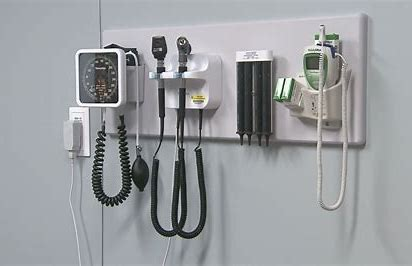Featured
article
- Get link
- X
- Other Apps
Provinces to Fund Nurse Practitioners for Primary Care by 2026

Starting in 2026, provincial and territorial health plans will cover primary care provided by nurse practitioners, pharmacists, and midwives. This change is part of a new interpretation of the Canada Health Act, which will take effect on April 1, 2026. Federal Health Minister Mark Holland announced that regulated health-care professionals who aren't doctors will be able to bill the government for medically necessary services that would otherwise be provided by a physician.
The move aims to address the shortage of primary care providers and ensure that patients are not paying out of pocket for necessary care. Holland emphasized that charging patients for these services isn't consistent with universal health care and that nurse practitioners should be able to bill the health-care system the same way doctors do.
This policy change is expected to relieve pressure on primary care physicians and improve access to needed care. The changes will be enforced through federal health transfer payments, which could be deducted if patients are charged for medically necessary care.
Popular Posts
Trump's Six Words: "I'm Going to Stop the Wars"
- Get link
- X
- Other Apps
Smart Savings for a Sharp School Start: Canadian Parents’ 2025 Guide
- Get link
- X
- Other Apps



Comments
Post a Comment